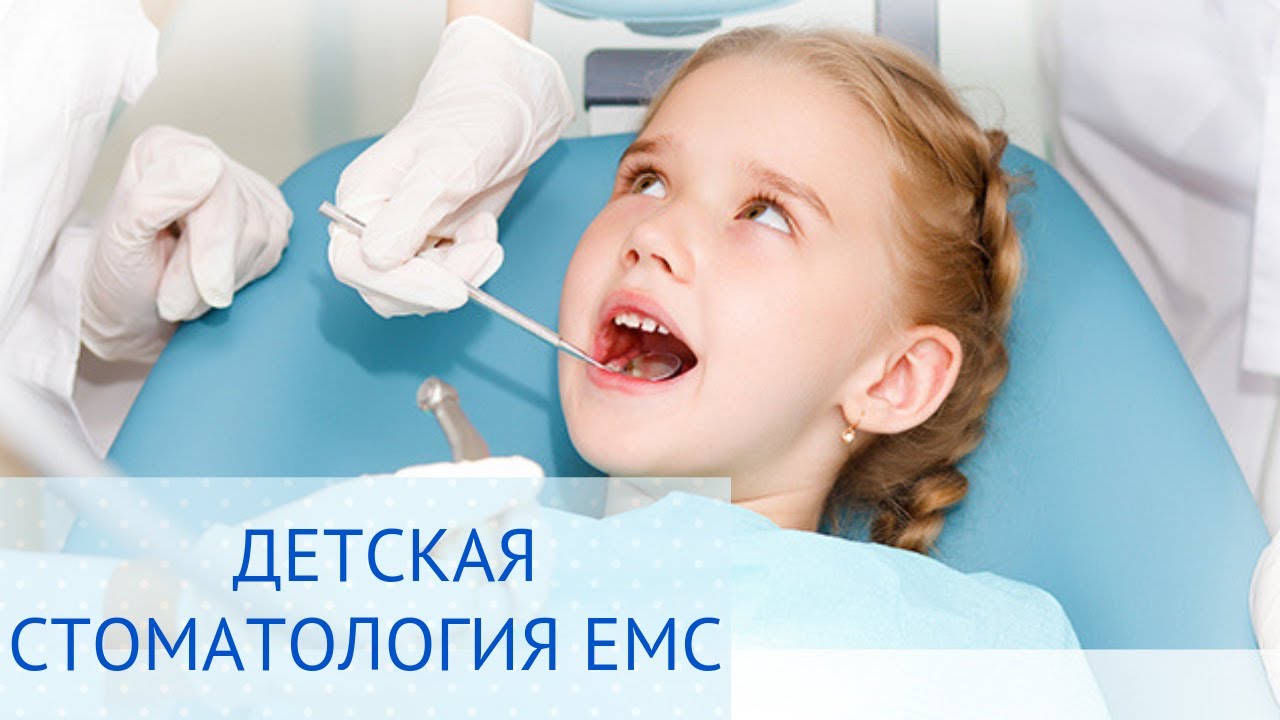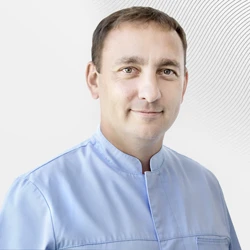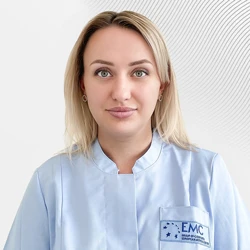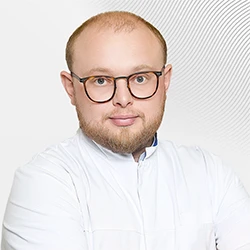Baby falling asleep
In the arms of one of the parents, the child sits down in an ordinary chair in the office and is told that now we will play a little cosmonauts, pilots, andLet's inflate a beautiful balloon for mom. At the same time, the child does not see any equipment or tools. If the child is not excited, then he falls asleep after 10 to 15 seconds. If the process of entering the office was still accompanied by crying, then the time to fall asleep can be up to 40 seconds.








